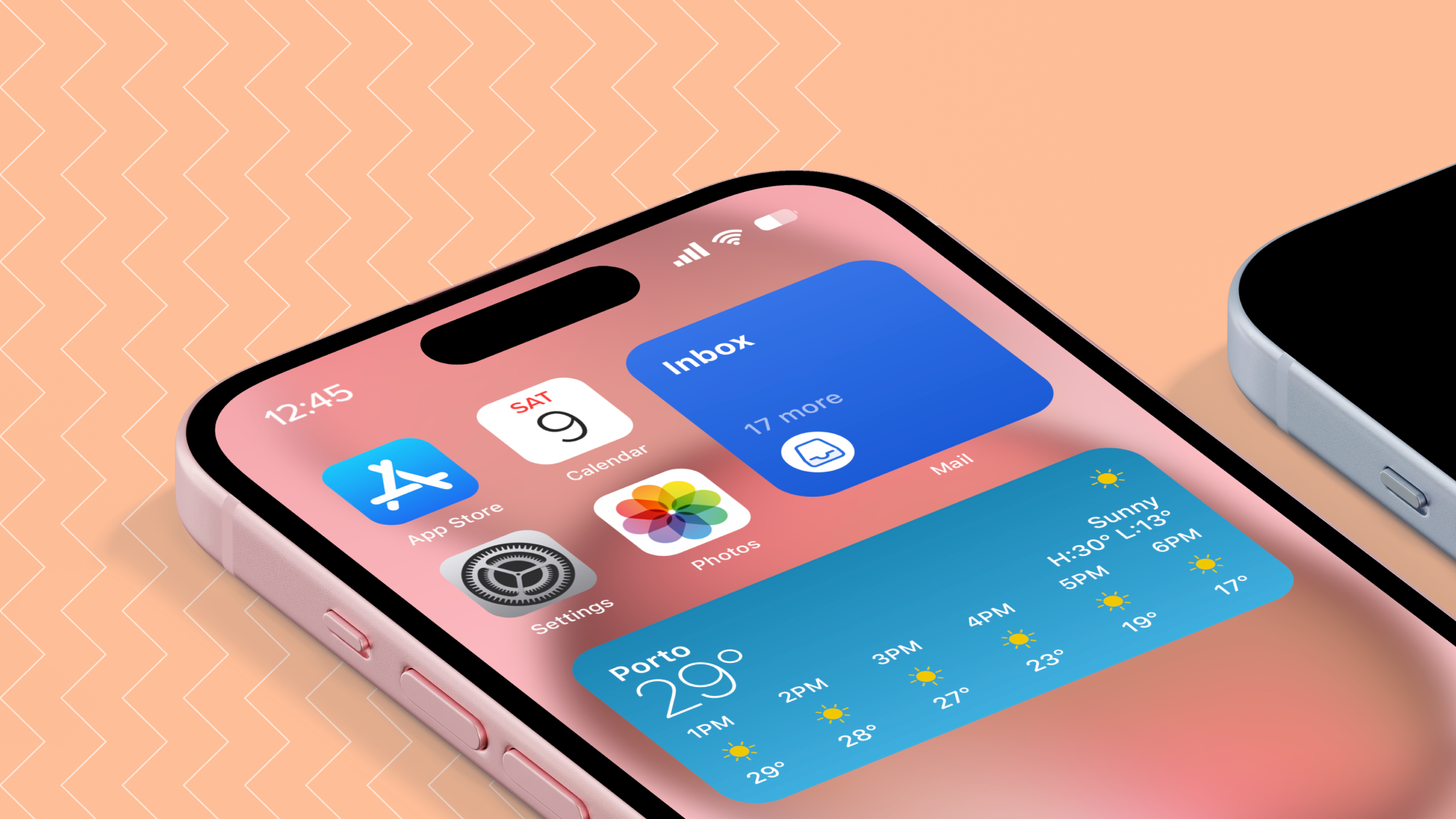
The Future of Native Mobile Apps: Are They on the Road to Extinction?
A report issued by a leading market research company indicated that 90% of native mobile apps are downloaded less than 600 times per day and make around EUR 1,000 in revenue. This, together with the rise of hybrid and web apps made many fear the death of native app development for games and business.
However, the team of app developers at Techtio have a different perspective to offer. It is a hands-on and more realistic approach to PWA vs Native vs Hybrid apps. Let us first look at the situation from a historical perspective.
Why the Rise of Cross-Platform App Development Will Not Kill Native Apps
Let us analyse the most important reasons why we believe that native apps are here to stay and that the Xamarin vs Native apps battle is just noise distracting us from our daily business.
1. The New Kid on the Block Never Replaces Core Tech
Whenever a new technology rises, specialists and amateurs are ready to ring the death knell of the older technology it developed from. This happened to C++ programming language when Java and .NET arrived on the scene.
Yet, at present, C++ continues to be in the top 5 most frequently used programming languages, the backbone of web and mobile development. Why? Because it is solid, versatile, properly documented and supported.
You don’t remove a solid foundation just because you want to remodel your home.
2. Many Companies Made Significant Investments in Native Apps
Let us consider the financial standpoint when discussing the future of native mobile apps. Big multinational corporations and SMEs alike have invested a lot of money in their native apps. These apps range from online shopping to banking and healthcare.
Would it make sense for these companies to ditch them, attracted by hybrid mobile app benefits? The answer is a resounding “No”. Such a change means a lot of preparation, investment and complex communication campaigns to prepare the users.
It simply does not make sense to reinvent the wheel, when these companies already have tested and proven native apps and their users are accustomed to them.
3. There Are Limitations to Hybrid App Development
When it comes to native mobile app development, one thing is certain: it is impossible to bridge the gap between the most popular mobile operating systems at 100%.
There will always be differences in their structure and language. Thus, hybrid mobile app development can never create a perfectly seamless experience, data collection and user behaviour analysis across all platforms.
4. Hybrid App Development Offers Reduced Access to Native APIs
Sometimes, developers need to integrate an application programming interface (API) into their app. These are mechanisms allowing two software components to communicate with each other – such as integrating the “Sign in with Google” function into an app.
If you choose hybrid app development, you may not be able to use the entire library of APIs available to native app developers. Thus, you will have to create your specific API for cross-platform app development.
This means that the scope of the project will increase and there will be additional costs and time delays.
The Future of Native Mobile Apps Is Bright – and Techtio Makes It Brighter!
Your business needs a mobile app – this is a certainty. And the best option for top performance and excellent user experience is developing native mobile apps. The Techtio app development team has extensive experience and will help you achieve all your goals, from fast loading to perfect brand alignment.
Contact us today to start planning and developing your company’s mobile app!
Have any question?
Do not hesitate to contact us. We’re a team of experts ready to talk to you.
+35725262314
Your Opinion Matters!
Your feedback is important to us and we would greatly appreciate your thoughts on this article! Please let us know if you liked it so we can improve our content in future:
Get in touch!
For any questions or concerns, you may contact us using the following details
- + (357) 25 256 865
- [email protected]


